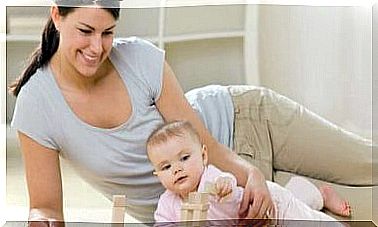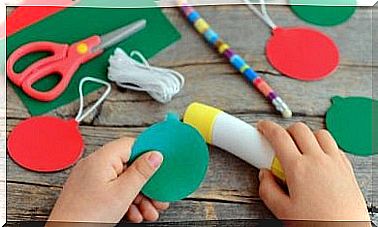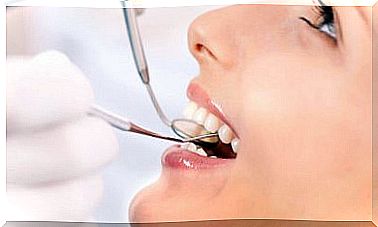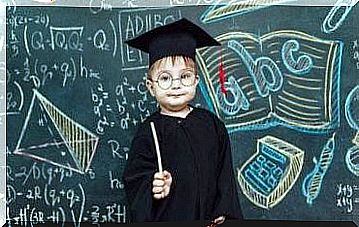Dysglossia: Symptoms And Treatments – Being Parents
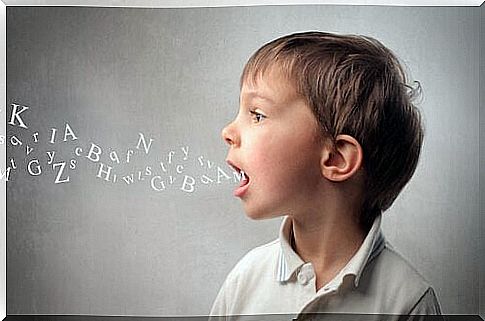
Although the child with dysglossia receives adequate stimulation and a good education, he cannot articulate well. However, with the help of parents and professionals, the child can overcome, at least partially, this difficulty.
In the rest of this article, we will describe this disease in more detail. This is to let you know everything there is to know about this disease.
In addition, we will look at the different types of dysglossia, the causes and then the treatment that may benefit the baby who suffers from it.
What are the different types of dysglossia?
This malformation can occur in any organ of speech, which is why there are so many different types. Among them we find:
- Labial: it is a disorder of mobility, strength or consistency of the lips. Cleft lip, frenulum of the upper lip, facial paralysis or even macrostomy can be the cause.
- Mandibular: A resection of the jaw or dental dysglossia may be the cause.
- Dental: it is a disorder that affects the formation of teeth. The causes of this anomaly can be of hereditary origin, a hormonal imbalance, diet, orthodontics or prostheses.
- Lingual: this is a disorder of the tongue that affects its movements. A short frenulum, glossectomy, macroglossia, congenital malformation, microglossia or even paralysis can be the cause.
- Palatal: Here a malformation of the palate or a soft palate can be the cause. A submucosal fissure of the palate, an arched palate, perforations or even a short palate can cause this anomaly.
- Nasal: Air to the lungs does not pass properly or breathing difficulties can cause this disease.
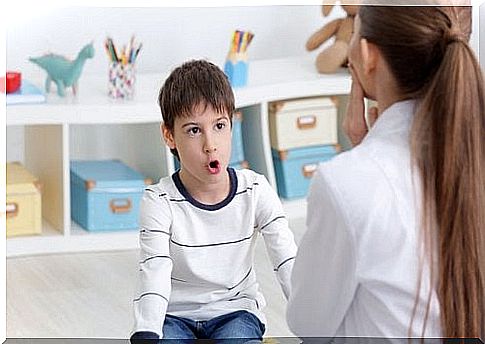
What are the causes ?
Among the various factors that can cause dysglossia we can find:
- A genetic factor : dysglossia can be inherited
- Consumption of drugs without a medical prescription during pregnancy
- Consumption of alcohol or tobacco during pregnancy
What other signs can dysglossia show?
Beyond the physical characteristics visible to the naked eye, there are also other signs that are more difficult to perceive. We find
- Psychological disorders that arise from a problem related to speech. The child refuses to speak to family and an audience of strangers.
- Cognitive type problems, in particular school failure
- Difficulty reading and writing
- Poor oral fluency because children with dysglossia frequently undergo surgery
- An extension or repetition of words or sounds
- Tremors or nervousness
- Increased heart rate
- A disturbance of breathing
The different treatments for dysglossia
Depending on the type of pathology, several treatments can be implemented:
- Surgical interventions
- A prosthesis
- Speech therapy
- Medical treatment: pediatric and audiologist
- Psychological follow-up
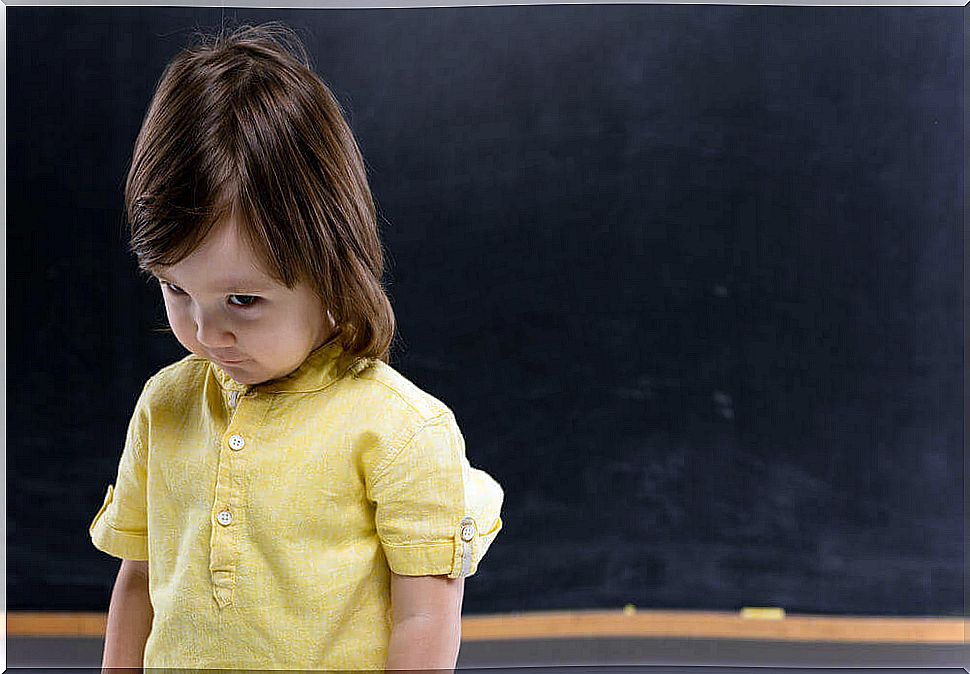
Some recommendations to help a child with dysglossia
There are a lot of things you can do. However, we are going to give you here some tips that we think are the most judicious to put in place:
- Do not let the child focus on her difference, she does not define it.
- Create a warm environment in which he can value what he really does.
- Show that you are happy with him and point out to him.
- Allow him to communicate with other children and teach him to socialize
- Don’t identify him based on his physical appearance
- Research the disorder that affects the child. This may help you to support him better.
In conclusion, this disorder can affect any child. Therefore, you should not exclude the child from family activities or discriminate against him just because he has this disorder.
On the contrary, you must accept their particular learning process and accompany them on this path. It’s not easy, especially for them, but they can do it.
